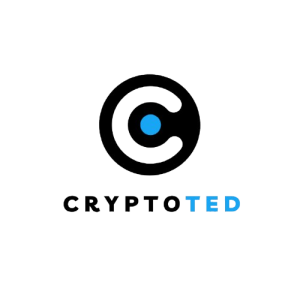
Google is imposing stricter licensing rules on cryptocurrency apps in its Play Store, a move that experts say hands more control to Big Tech platforms.
Summary
- Google has updated its Play Store rules for crypto apps, introducing licensing requirements that could make it difficult for many custodial wallets to remain available.
- Experts warn the rules may favor large custodial platforms while sidelining lightweight wallets.
- The policy aligns with global regulatory guidance but raises questions about accountability and the growing gatekeeping power of Big Tech over crypto app distribution.
Google is tightening its rules for cryptocurrency apps in the Play Store, introducing licensing requirements that could make it difficult, and in some cases nearly impossible, for certain custodial wallet developers to meet the bar.
The updated policy, which appeared quietly on Google’s developer pages in early August, covers crypto wallet and exchange apps in more than a dozen jurisdictions, including the United States, the European Union, Japan and South Korea. Google says the change is meant “to ensure a safe and compliant ecosystem for users,” although it could end up sidelining an entire category of software.
“If your targeted location is not on the list, you may continue to publish cryptocurrency exchanges and software wallets. However, due to the rapidly evolving regulatory landscape worldwide, developers are expected to obtain any additional licensure requirements per local laws.”
Under the policy, wallet apps in the U.S. must either register as a Money Services Business with the Financial Crimes Enforcement Network and be licensed as a money transmitter in at least one state, or be a federally or state-chartered bank. In the EU, developers need authorization as a crypto-asset service provider under the bloc’s new Markets in Crypto-Assets framework, known as MiCA.
At first, Google gave no clarification on whether the requirements applied to non-custodial crypto wallets, sparking a fierce backlash from the crypto community.
SEAL 911, a group focused on crypto and cybersecurity issues, team member @pcaversaccio said in an X post on Wednesday that Google Play was beginning to censor crypto wallets through what they described as “insane legal requirements.” The cryptographic expert added that history suggests these kinds of traditional finance rules often do “way more harm than good,” noting that users might turn to untrusted APKs instead.
Bill Hughes, a lawyer at Consensys, which develops non-custodial crypto wallet MetaMask, expressed skepticism about accountability, noting that it would be difficult to identify the Google lawyer who authored or approved the updated crypto policies. He said Apple‘s rules are similar, describing the situation as “a bit of a mess.”
He added that the real gatekeepers for crypto may now be the Big Tech platforms that control the main distribution channels for apps, emphasizing that these companies “are not required to be fair, consistent, or transparent.”
After the news broke, Google clarified that “non-custodial wallets are not in scope of Google Play’s Cryptocurrency Exchanges and Software Wallets Policy.”
Compliance gap
In the U.S., the requirements now push custodial wallet providers toward collecting user identification, running anti-money-laundering checks and keeping transaction records. The EU’s MiCA rules similarly obligate developers to meet a comparable regulatory burden.
France and Germany have temporary national rules in place until 2026 and 2025, respectively, before MiCA takes full effect. For developers who can’t obtain a MiCA license, those deadlines may not make much practical difference.
Commercial gatekeeping
Google’s move appears broadly aligned with the Financial Action Task Force’s 2021 guidance on regulating virtual asset service providers. Although FATF recommendations are nonbinding, many member countries implement them to avoid being blacklisted or graylisted in global markets.
That guidance broadened the rules to include some non-custodial wallets, especially if someone central is helping manage the interface or push updates.
The company says apps can still be published in countries not on the licensing list if they comply with local laws. But with most major crypto markets included, there is likely limited room for global distribution without meeting the new requirements.











